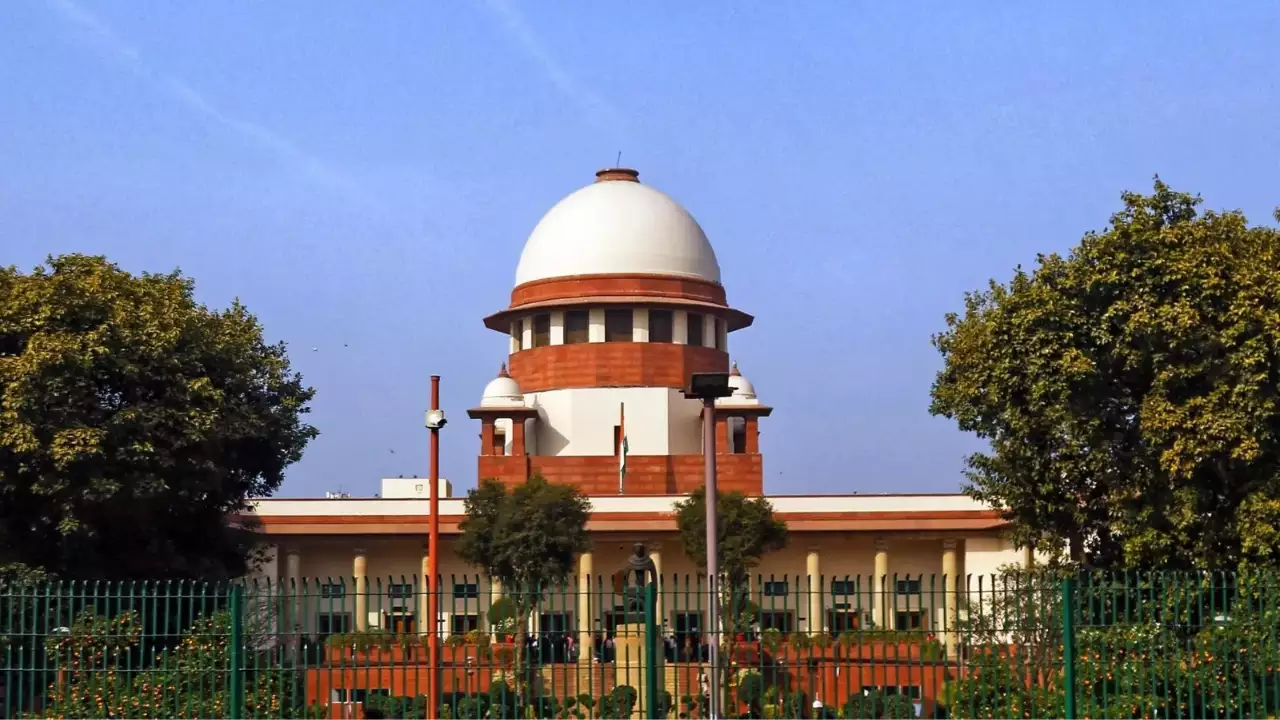Chief Justice of India Dy Chandrachur had announced recently that the Supreme Court will officially be on board with the National Judicial Data Grid hereafter. The Chief Justice described that onboarding the Supreme Court on the NJDG under the courts’ open data policy is a primary step to bring accountability and transparency in the judicial domain. The NJDG will give real-time data regarding the pendency of the cases.
The Prime Minister of India, Narendra Modi, acclaimed Chief Justice Chandrachud after he announced that the Supreme Court will soon link itself to the NJDG. Harnessing of technology will further add transparency and will also enhance the justice delivery system prevalent in the country. Justice Chandrachur Singh had announced the apex court would soon link the NJDG repository of data related to all the pendency of the cases and the disposal rate of the courts. Everything will be mentioned from the taluka level right to the national level. Currently, the portal shows only data up to the High Court level.
Is the integration of the Supreme Court with NJDG the right move?
The CJI also stated that the day’s court proceedings would be uploaded on NJDG in real time. The CJI also said that now, with the click of a button, you can see accurate and real-time information on the disposal of cases and pendency. Hence, the total pendency of the registered and unregistered cases and the number of points will be mentioned.
He further pointed out that uploading data on the NJDG platform will ensure accountability and transparency in the judicial domain. The chief justice said that numerous cases are pending before the three benches, and very soon, a bar will be set up to handle these cases.
The Supreme Court, after onboarding to the NJDG portal, will try to accelerate the process and complete the full circle. The main aim is to have all three tiers of the Indian judiciary on the NJDG portal. It is not only recognized, but it is a very significant innovation under the ease of doing the business initiative with the Government of India.
Is NJDG a valuable tool for enhancing transparency?
NJDG is a crucial natural repository of data relating to the cases instituted and disposed of pending by the courts across the length and breadth of India.
My opinion
It will enrich accountability and transparency in the system by exhibiting complete pendency and disposal of cases nationwide in the public domain. NJDG has been instrumental in judicial planning, monitoring, and remote administration by High Court judges, High Court Registry, and District Judges.
#SupremeCourtIndia #NJDGPlatform#JusticeOnline #DigitalSupremeCourt #SupremeCourt #IndianJudiciary#TransparencyMatters#AccountabilityNow#JusticeForAll #JudicialReforms#CourtofJustice#SupremeLaw #TransparencyInGovernment.
